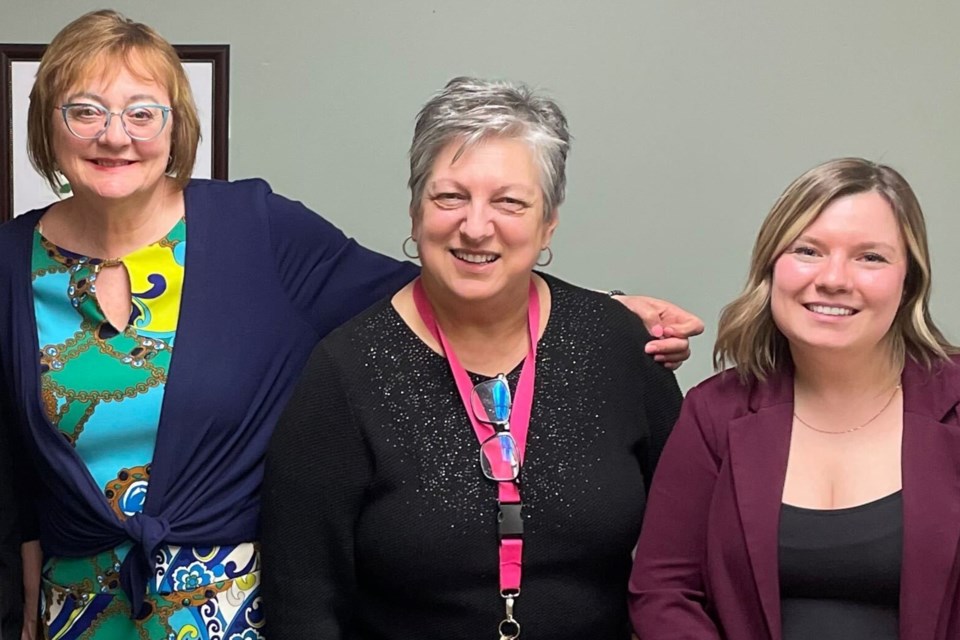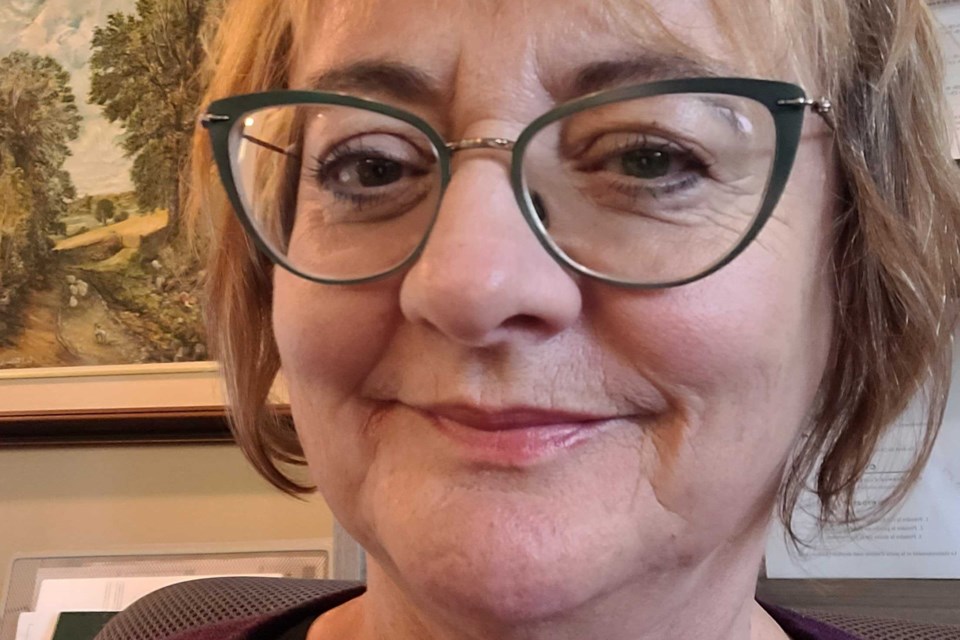Before the mid-1990s, if you were to go looking in Sudbury for French-language services assisting women who have experienced violence, you’d be looking in vain.
Gaëtane Pharand was one of a group of francophones who got together and petitioned the government for the creation of such a service. They figured the idea of adding French-speaking employees to English-language services was inadequate.
The result is Centre Victoria pour femmes, of which Pharand became the founding executive director. She has nurtured that service and seen it grow, now leading a team of 16, providing counselling and crisis line services to Francophone women in Sudbury and Algoma.
“We do it all, anything that has to do with violence against women,” said Pharand, including serving survivors of domestic violence, sexual assault and human trafficking, providing them with a helping hand after these events.
But after almost 30 years at the helm, Pharand has decided it’s time to retire, passing on the executive director job to her colleague of eight years, Mireille Charlebois.
While she loves the work, she said it’s time for someone else who may have new ideas to take over.

“I want to live now, instead of always thinking years ahead, or wondering are we going to make it through,” she said.
Charlebois said Pharand has been a wonderful mentor as she attempts to fill her shoes. “I've learned a ton from her,” she said.
“Even if you go anywhere with Gaëtane, someone recognizes her, somebody knows her. I think that says a lot, right? People want to come talk to her.”
Centre Victoria pour femmes held a retirement party and open house March 26 to wish Pharand well in her next phase of life after so many years of serving the community.
Formerly located in the office tower of the Elm Place mall (coincidentally on the same floor that now houses the Sudbury.com office), Centre Victoria pour femmes is now located in the Liuna building in the Flour Mill.
The agency provides a crucial service, as Pharand said it’s difficult for anyone experiencing violence to ask for help, but it’s more difficult still if they can’t do it in their first language.
“So to be able to ask for services immediately in French, with someone who can respond to you, you know, right away, is fundamental,” she said, as is being able to build trust with your client in their mother tongue.
While intimate partner violence has been very much in the news recently, Pharand said it’s something that has unfortunately always been there.
“The more we get out in the community, the more we talk about it, the more we build relationships, the more perhaps people are feeling confident enough to call for help,” she said, adding that police have also become more attuned to the issue.
Asked what difference the agency has made in the community over the years, Pharand said if you go by the comments from clients, it has helped tremendously.
“What they've told us is that the support that they received was instrumental in their lives,” she said. “There's nothing that makes us more happy than to have someone not need us anymore … That, for me, probably is the biggest satisfaction that I get from the work, is knowing that we've helped thousands of women, we've helped them feel more confident, more capable, not alone.”
Heidi Ulrichsen is Sudbury.com’s assistant editor. Women & Girls is made possible by our Community Leaders Program.
